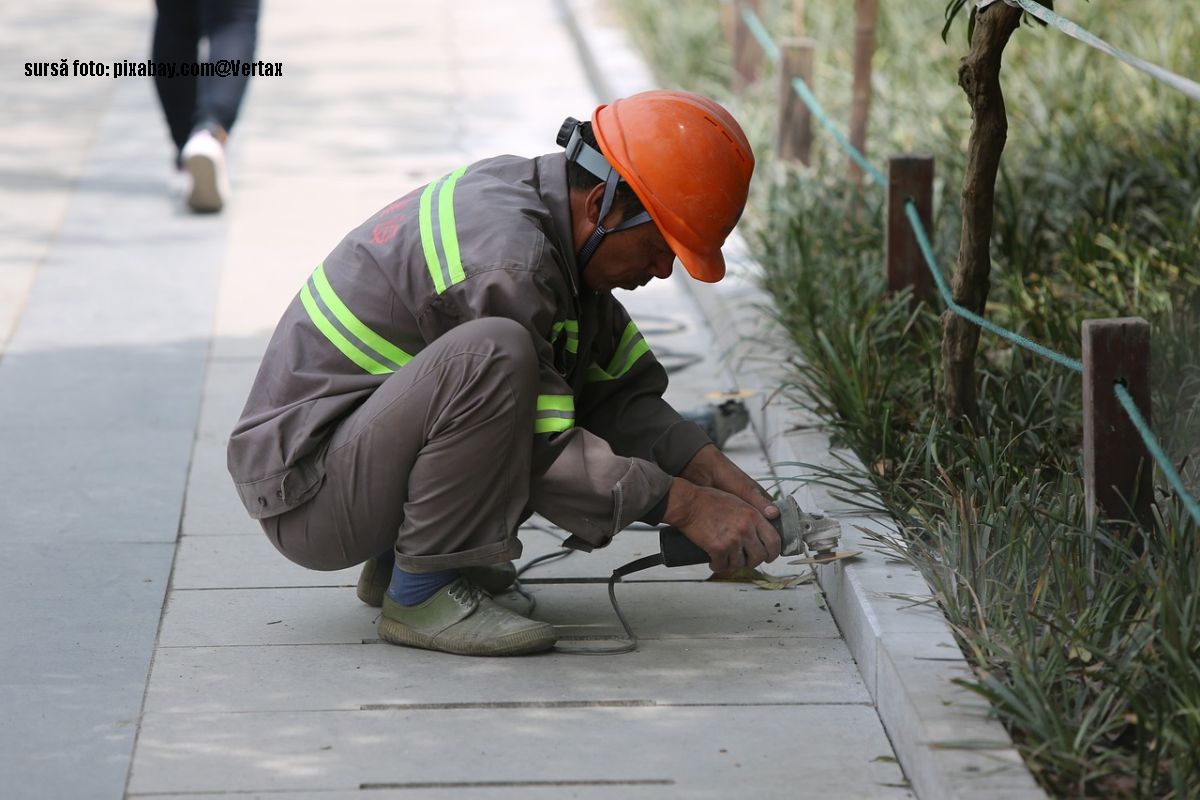The Chemotherapy Network
For over 2 years, there have been problems in the supply of more than 20 chemotherapy drugs in Romania.

Christine Leșcu, 20.02.2013, 16:30
For more than two years, people who suffer from cancer have found it really hard to find the medication they need. Patients’ associations have drawn attention to this fact, and the Romanian Health Ministry had to admit that there were problems in the supply of more than 20 chemotherapy drugs, particularly for leukemia and Hodgkin’s lymphoma. How could this happen? Bureaucracy could be the answer, says Vlad Mixich, a journalist specializing in medical issues on Hotnews. ro:
“Under the Romanian law, people suffering from cancer can get free-of-charge medication, whether or not they pay healthcare contributions. The current situation is the result of the Romanian state’s incapacity to finance the services it promises to provide, and even more so the result of the state’s failure to handle a management problem. Many of these drugs are actually rather cheap, but the Romanian state’s policy is to impose the cheapest price in the European Union for the medication it buys. It is a price imposed on producers. And for that minimum price, medicine providers in Romania are not interested in bringing chemotherapy drugs to Romania because they make no profits.”
Aside from private providers, there is also a state-owned company called Unifarm, which is in charge with medicine procurement and provision. Faced with underfinancing, UNIFARM had some bureaucratic problems. Earlier this year, it was discovered that in fact some of the chemotherapy drugs that were unavailable in hospitals could be found in their storage rooms. But why didn’t these drugs reach patients and hospitals? Vlad Mixich:
“It was the bureaucratic inferno again. UNIFARM says it announced hospital managers that it had the drugs. In turn, hospitals say they asked the ministry to get those cytostatic drugs. What we know is that UNIFARM said they could not deliver those medicines to hospitals, while the hospitals say that, although they announced they were short of supplies, nobody would provide them with the cytostatic drugs. Hospital managers could not purchase the medicines from UNIFARM because the National Health Insurance Agency gives hospitals the refund for those drugs around 200 days after the purchase, whereas UNIFARM wants immediate payment. So although UNIFARM had the medicines, they could not reach patients.”
While hospitals, insurance agencies and UNIFARM struggle with bureaucracy, the patients fight against a much more ruthless enemy: cancer. This is why they let the authorities grapple with the bureaucracy they created and took the matter in their own hands, looking for solutions. One such solution is the “cytostatic drugs network”, a name put forth by Vlad Mixich, who was the first to make it public.
“The network is quite simple, in terms of operation. There is a web site, www.medicamente-lipsa.ro, which can be accessed by anyone who needs those medicines. People browse a list, which is regularly updated. If a patient finds the drug on that list, she or he then fills in a form, and send it to the site administrators. That drug is then searched for by a network of hundreds of volunteers in every EU country. They go and look for the drugs in local pharmacies in the European city they live in. If they find it, they let the site administrators know about that and the patient is in turn notified. As soon as the patient gives his consent, the volunteer buys it with his own money, using the prescription he has received from the Romanian patient. Once the medicine reaches the patient, the patient pays for it himself, and the money is returned to the respective volunteer.”
Hundreds of people have already registered on the network site. Most of the volunteers in the chemotherapy drugs network live in the European Union, since the EU legislation allows any chemist’s in a EU member state to sell medicines based on a prescription issued in any other member state.
Cristian Cojocaru, diagnosed with Hodgkin’s lymphoma, is a member of the chemotherapy drugs network, which he found after having unsuccessfully resorted to various associations for help and after having looked for the medicines on the Internet. He even got in touch with medicines producers from Japan and the US. Cristian Cojocaru:
“I haven’t looked much in Romania because I knew from the very beginning I couldn’t find it here. But I managed to find the drugs I needed quite quickly. At some point I even called all pharmacies in Debrecen, Hungary, to ask if they had it, because it would have been easy for me to go there and pick them up. But that was only my case. If we think of a mother from a small village in Galati for instance, who, on top of everything, can’t get to the nearest town because of the heavy snow, the situation changes dramatically. It’s almost impossible for her to get the medicines she needs.”
So although they have a prescription for chemotherapy drugs, not all patients can start the treatment. The government has finally taken a decision last month, aimed to solve this crisis. The Health Ministry borrowed 800,000 euros from the State Treasury to transfer to UNIFARM, the company in charge with purchasing cancer drugs in advance. Nevertheless, Cristian Cojocaru is rather pessimistic:
“I have already ordered another set of medicines the same way as before. I’ll have them next week and in two weeks I can start the treatment. Things can’t change from one day to the next. The drugs should be available when you need them, not a week or a month later.”
Until chemotherapy drugs can be found in hospitals, the Health Ministry announces other good intentions, such as a revision of the national health program, with an emphasis on education, prevention and early diagnosis, as well as a national registry aimed at ensuring equal chances as regards the access to diagnosis and treatment services.






























